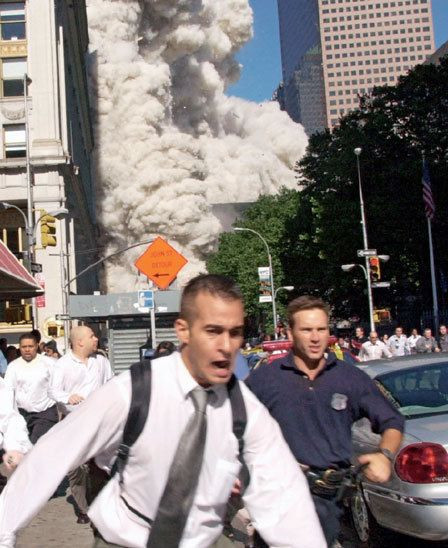
On the 11th anniversary of the attacks on the World Trade Center towers, new research has come out that said the 9/11 incidents an estimated 1,600 more accident-related deaths on American roads than would have been expected statistically in the 12 months following Sept. 11, 2001.
Earlier studies showed that, following the terrorist attacks, more people chose to drive rather than fly, feeling it was safer.
Researchers found that car traffic increased particularly in the New York vicinity, where the main attacks were focused on the World Trade Center. These images, and thus also the fear, were presumably particularly present for people who lived in the surrounding area; other studies also support this assumption.
The authors said that the traffic volume increased sharply even in some states far away from New York, especially in the Midwest because the infrastructure was simply very well suited to replace flying with driving. The streets were very well developed in relation to the number of inhabitants, and many cars were registered.
Researchers said their findings support the assumption that the fear created by terrorist attacks can cause potentially risky behavior.
But they also make it clear that fear alone is not enough to understand where indirect damage can occur in the wake fatal events like those of 9/11," researcher Wolfgang Gaissmaier said. "To predict where the indirect damage of terrorist attacks can have particularly fatal consequences, and to possibly curb a secondary, psychological attack, we must pay very close attention to the general conditions that first make it possible for risky, fear-induced behaviors to express themselves - such as the respective infrastructure."
Following the train bombings in Madrid on March 11, 2004, there were fewer Spanish train travelers without any corresponding increase in car travel.
Researchers said that Spain has a less pronounced car-driving culture: in 2001 in the U.S., there were around 800 cars registered per 1,000 people, while in 2004 in Spain, this figure was just around 600.
The research will soon be published in the journal Psychological Science.
© 2025 Latin Times. All rights reserved. Do not reproduce without permission.




